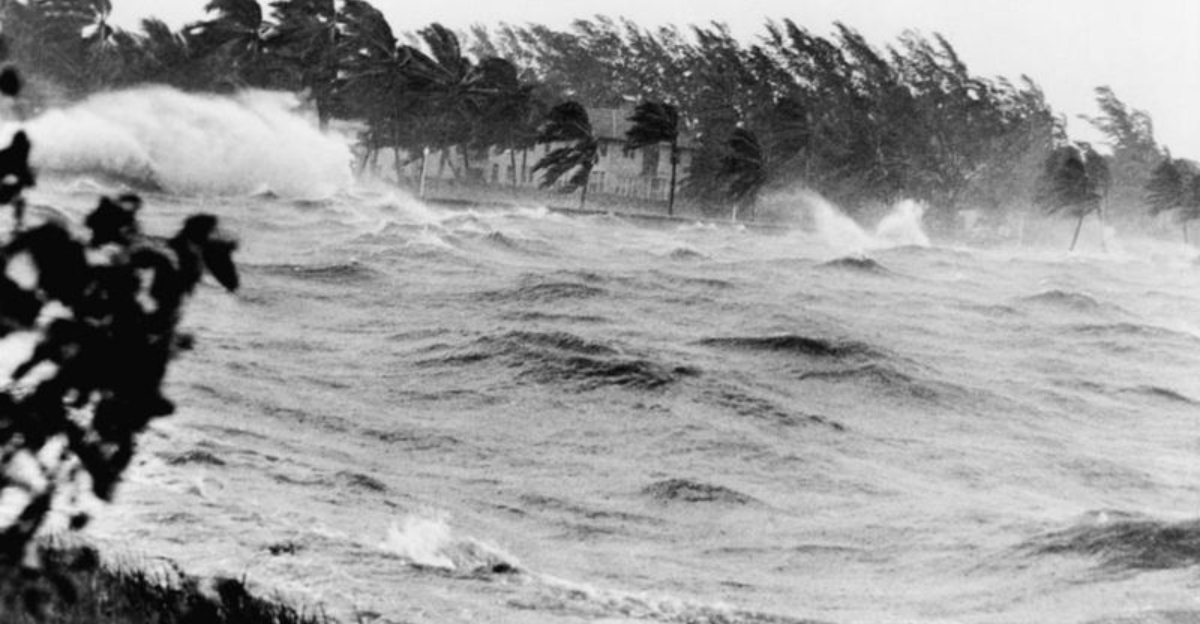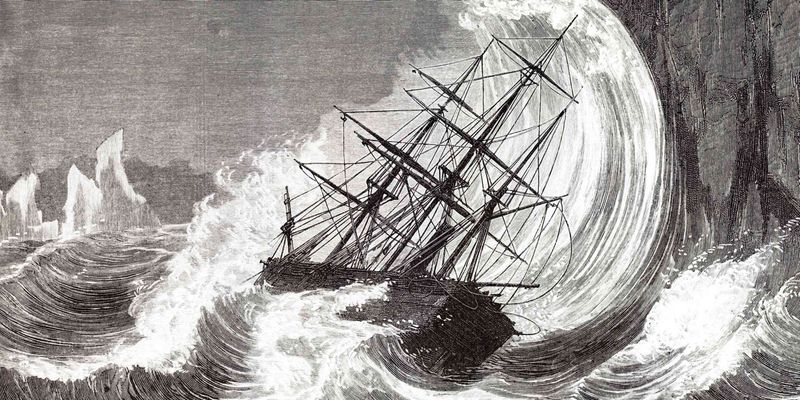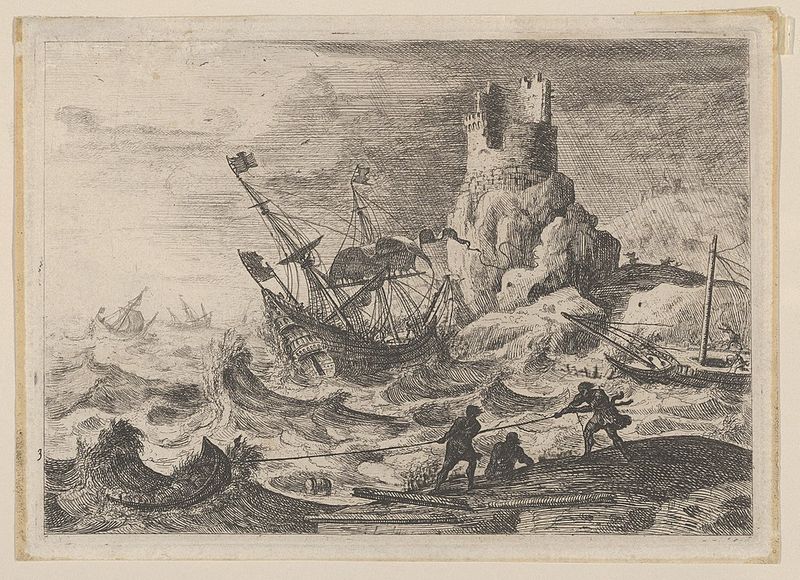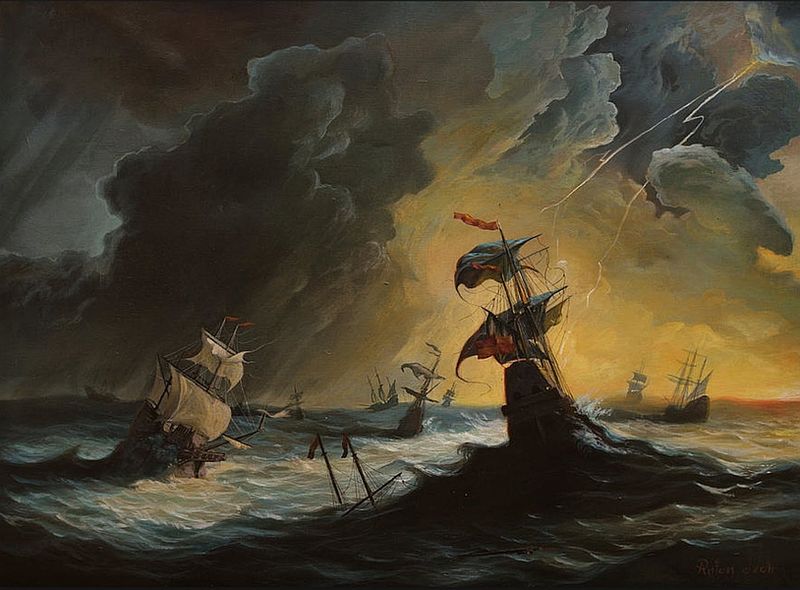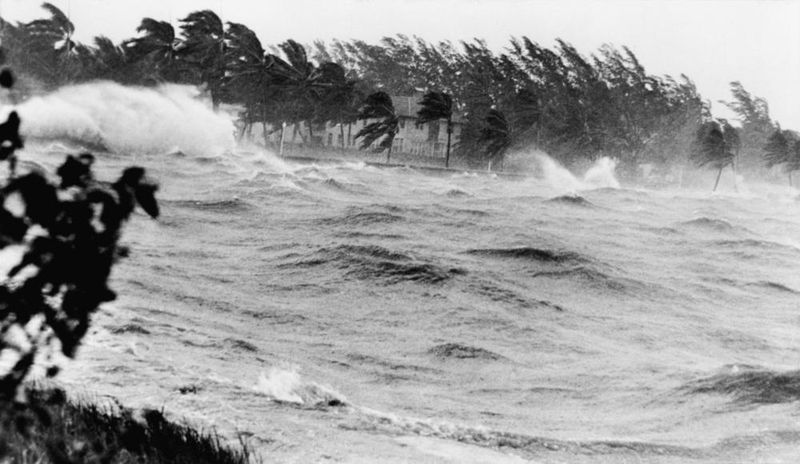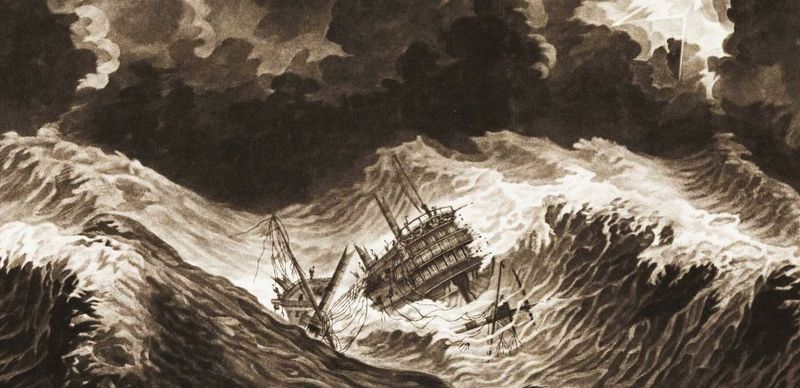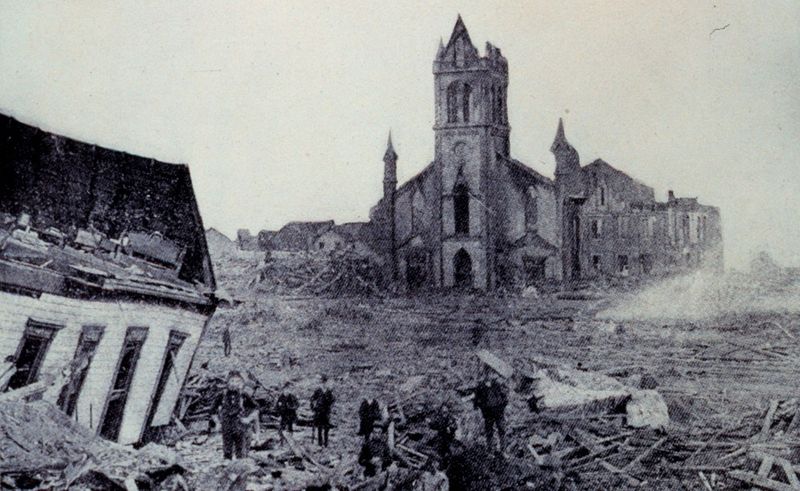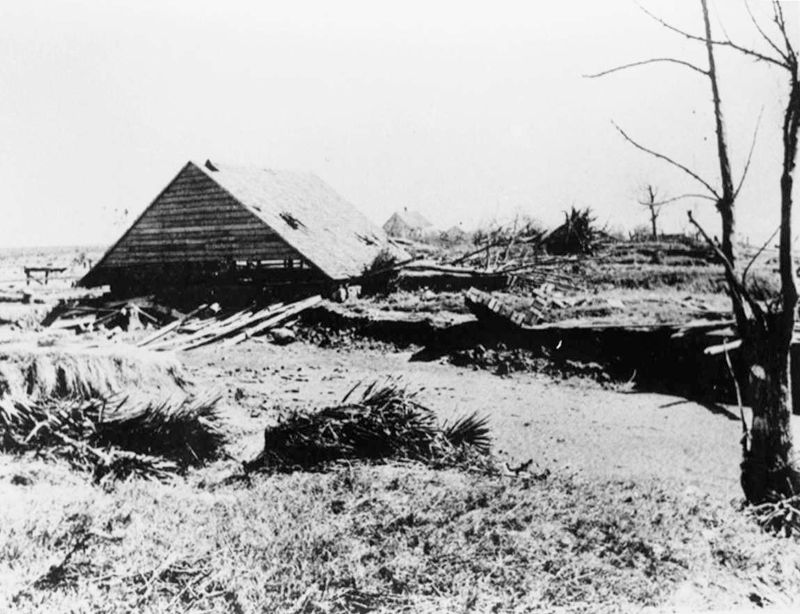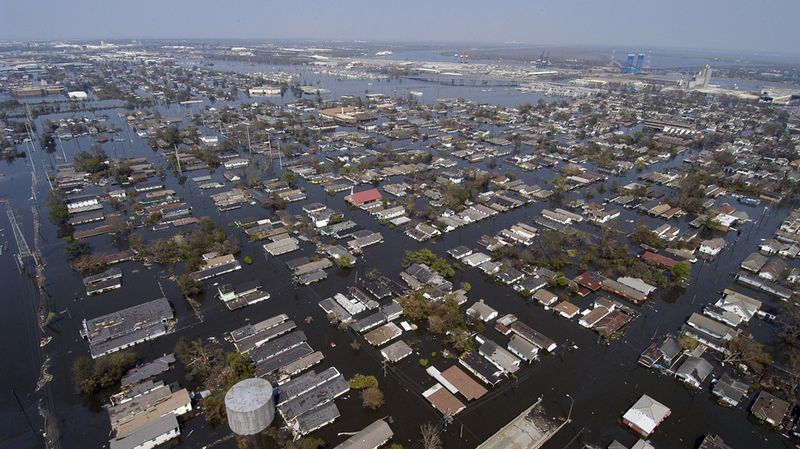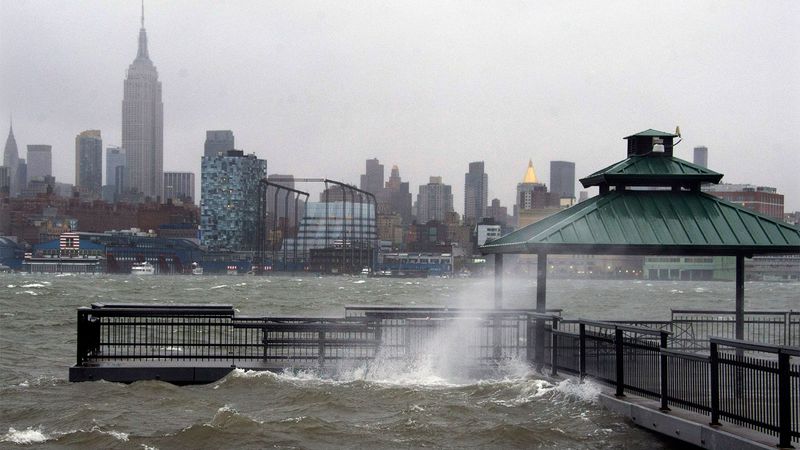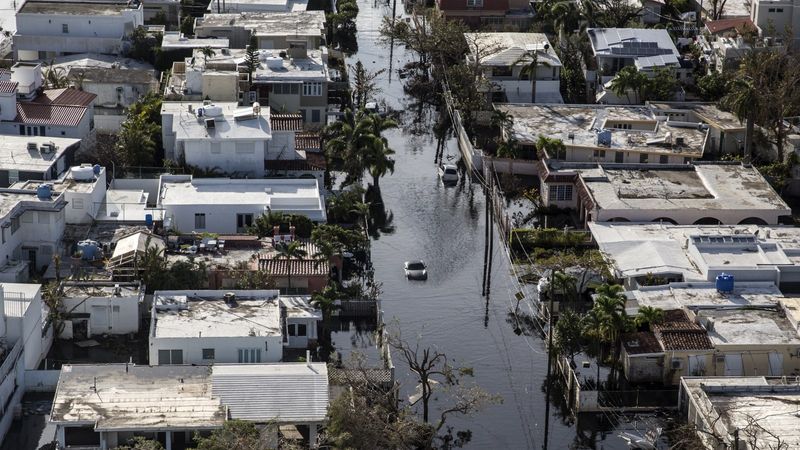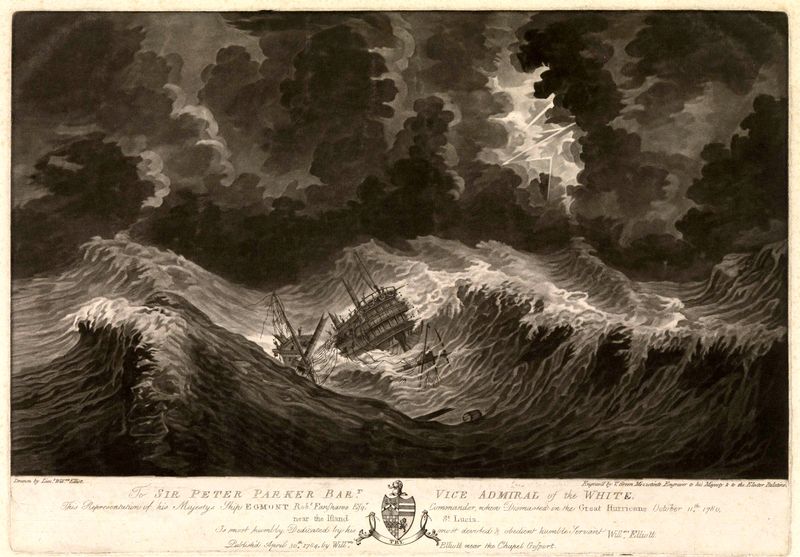Hurricanes are not just natural disasters—they’re catalysts that have toppled empires, decided wars, and redirected the fates of nations. From altering colonial ambitions to inspiring literary masterpieces, these storms have left indelible marks on our world. Here are 13 pivotal moments when hurricanes changed history:
1. The Storm That Made Florida Spanish (1565)
In 1565, a fierce hurricane altered Florida’s destiny. As Jean Ribault’s French fleet prepared to attack Spanish-held St. Augustine, the storm scattered and destroyed their ships. This misfortune allowed Spanish commander Pedro Menéndez to seize the moment.
Menéndez’s forces slaughtered the French Huguenot settlers at Fort Caroline, cementing Spain’s control over Florida for two centuries. Without this hurricane, the southeastern U.S. might have emerged as “New France,” reshaping the region’s cultural and political landscape. This storm’s timing and strength shifted the colonial balance of power, ensuring Spain’s enduring influence over Florida.
2. Jamestown’s Near-Collapse & Shakespeare’s Inspiration (1609)
A hurricane in 1609 shipwrecked the Sea Venture on Bermuda, one of the supply ships bound for Jamestown. Stranded for a year, the survivors constructed new vessels from the wreckage and completed their journey.
Upon arrival, they found Jamestown’s colonists in dire straits, resorting to cannibalism. Their timely rescue saved England’s first permanent colony. This dramatic episode likely inspired William Strachey’s vivid account, thought to influence Shakespeare’s play, The Tempest.
The hurricane’s impact rippled through literature and history, highlighting human resilience in the face of nature’s fury.
3. The Golden Age of Piracy’s Unlikely Spark (1715)
The 1715 hurricane that ravaged the Spanish treasure fleet off Florida’s coast scattered gold and silver across the ocean floor. Thousands sought fortunes amidst the wreckage, but many left empty-handed.
Disillusioned treasure seekers turned to piracy, fueling the rise of legendary figures like Blackbeard. This storm reshaped Caribbean power dynamics, igniting the Golden Age of Piracy.
The hurricane’s aftermath saw abandoned aspirations transform into new ventures, as those who once chased treasure ships began to command them, forever altering the maritime landscape of the Caribbean.
4. Alexander Hamilton’s Ticket to Revolution (1772)
At just 17, Alexander Hamilton penned a riveting letter describing the devastation of a 1772 hurricane in St. Croix. His eloquent words caught the attention of local businessmen who funded his education in America.
This opportunity propelled Hamilton into the heart of revolutionary fervor, eventually leading him to become a Founding Father. The hurricane’s fierce winds and rains stirred more than destruction; they ignited Hamilton’s path toward historical significance.
His rise from island obscurity to the corridors of power illustrates the unpredictable ways natural disasters can steer human destiny.
5. The Hurricane That Won the American Revolution (1780)
The Great Hurricane of 1780 wreaked havoc, claiming 22,000 lives and decimating fleets in the Caribbean. In its wake, France repositioned its navy northward in 1781 to avoid further disasters.
This strategic move placed French forces perfectly to blockade the British at Yorktown, culminating in their surrender. The hurricane’s timing and devastation inadvertently secured American independence.
It was a storm that changed the tide of war, reminding us how nature’s forces can shape the course of history in profound and unexpected ways.
6. Galveston’s Destruction & the Birth of Modern Meteorology (1900)
In 1900, a devastating hurricane struck Galveston, Texas, claiming 8,000 lives. As the deadliest natural disaster in U.S. history, it spurred the creation of the National Weather Service’s hurricane warning system.
Galveston responded by constructing a massive seawall, setting a precedent for coastal defense worldwide. The storm’s fury brought about modern meteorology’s birth, forever changing how hurricanes are tracked and understood.
Galveston’s tragedy serves as a reminder of the need for preparedness against nature’s unpredictable forces, and its legacy lives on in improved safety measures and forecasting.
7. The Sea Islands Hurricane’s Hidden Tragedy (1893)
In 1893, the Sea Islands Hurricane ravaged Georgia and South Carolina’s coastlines. It claimed the lives of 1,000 to 2,000 people, primarily freed African American farmers.
Their deaths received scant media attention, reflecting racial and economic disparities that persisted for generations. The hurricane’s hidden tragedy underscored the vulnerability of marginalized communities to natural disasters.
This overlooked chapter in history serves as a poignant reminder of the systemic inequalities that can exacerbate the impact of such storms, prompting a reflection on justice and resilience.
8. The Great Miami Hurricane: Busting the Florida Land Boom (1926)
The 1926 Great Miami Hurricane unleashed its fury on a booming city, causing $105 million in damage—equivalent to over $90 billion today. The storm exposed flimsy constructions and led to bank collapses.
Miami’s economic descent foreshadowed the Great Depression, revealing the precariousness of speculative ventures and urban development. The hurricane’s impact went beyond physical destruction; it reshaped the economic landscape.
This storm is a testament to the vulnerabilities of unchecked growth, offering lessons on sustainability and the importance of building resilient communities.
9. Labor Day Hurricane: Exposing Government Neglect (1935)
The 1935 Labor Day Hurricane ravaged the Florida Keys, claiming 408 lives—many World War I veterans working on a highway project. Poor evacuation planning underscored government neglect.
Outrage over their deaths led to reforms in veterans’ employment and disaster response protocols. The hurricane’s impact extended beyond immediate tragedy, prompting policy changes to prevent future neglect.
This storm highlighted the human cost of bureaucratic failures, driving home the necessity for efficient disaster response and honoring the sacrifices of those who served their country.
10. Hurricane Katrina: A Disaster of Inequality (2005)
Hurricane Katrina’s onslaught in 2005 led to the deaths of over 1,800 people and caused $125 billion in damage. It exposed deep racial and class divides as levee failures flooded New Orleans’ poorest areas.
The federal response shortcomings ignited debates about systemic racism and climate vulnerability. The hurricane’s legacy lies in its stark revelation of inequalities, sparking discussions on resilience and justice.
Katrina remains a symbol of both devastation and the urgent need for comprehensive disaster preparedness that addresses societal disparities.
11. Hurricane Sandy: Climate Change’s Wake-Up Call (2012)
In 2012, Hurricane Sandy, known as “Superstorm Sandy,” merged with a winter system, inundating New York City. It caused $71 billion in damage and forced a reckoning with climate-linked risks.
Sandy’s unprecedented size and path triggered NYC’s $20 billion resiliency plan and updated flood maps. The storm served as a wake-up call, highlighting the need for adaptive infrastructure in the face of climate change.
It underscored the reality of increasing climate threats, prompting cities to rethink strategies for safeguarding against nature’s evolving challenges.
12. Hurricane Maria: Colonial Neglect in Puerto Rico (2017)
Hurricane Maria’s 2017 strike on Puerto Rico resulted in over 3,000 deaths and a collapsed power grid. Delayed U.S. relief efforts highlighted the island’s colonial status and the need for energy reform.
Maria’s devastation fueled independence movements and demands for infrastructural improvements. The hurricane illuminated longstanding issues of governance and autonomy, sparking debates on Puerto Rico’s future.
This storm’s impact went beyond immediate destruction, igniting conversations on self-determination and the importance of empowering communities to withstand future challenges.
13. The Great Hurricane of 1780: Rewriting Naval Strategy
The Great Hurricane of 1780’s wrath sank 80% of British ships in the Caribbean. This catastrophic event prompted navies to avoid the region during hurricane season.
The strategic shift altered trade routes and military tactics for centuries. The storm’s impact on naval strategy underscored the power of nature in redefining warfare and commerce.
The hurricane’s legacy endures in the cautious approaches adopted by maritime powers, exemplifying how environmental forces can dictate human endeavor’s course.
